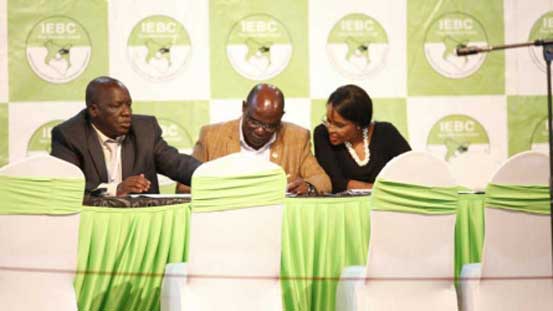×
The Standard e-Paper
Fearless, Trusted News

NAIROBI, KENYA: Politics, according to American writer and comedian Groucho Marx, is the art of looking for trouble, finding it everywhere, diagnosing it incorrectly and applying the wrong remedies.
The Kenyan economy has been through a season described by President Uhuru Kenyatta as difficult few weeks in which “our democracy has been tested to the limits and things have occurred in Kenya that have never occurred anywhere else on this continent”. Within this period, here are the key numbers that defined Kenyan economy.